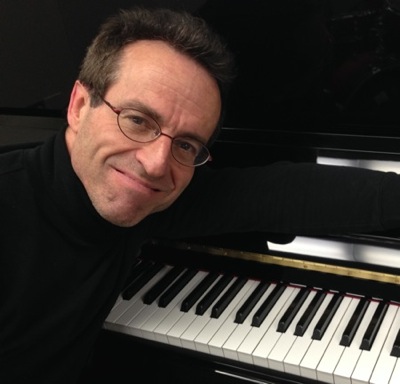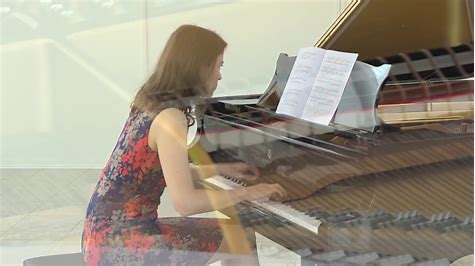About
Every new piece I compose is a new challenge, a new experiment for me. It doesn’t have to be an experiment with a new musical language or theoretical approach. Just the challenge of creating a good new work of the highest quality I am capable of is plenty of challenge and experimentation. My best work seems to happen when I am not trying hard to be original or experiment. It is a more natural, organic process, though it involves a great deal of self-criticism to produce something I am happy with.
The music of American composer Bruce Stark (born in San Diego and raised in Lakeside, California) reflects the varied elements of his musical upbringing: studies in percussion, jazz piano, and classical composition. After three years in college as a physics major he began formal studies in composition at California State University, Northridge, where he studied with Aurelio de la Vega and Daniel Kessner, winning the school's composition prize in his junior and senior year. He went on to complete a masters degree in composition at the Juilliard School as a student of Roger Sessions and Vincent Persichetti. Thereafter for more than 20 years he resided in Tokyo, producing a collection of works which reveal a unique and compelling musical voice, drawing from a multiplicity of disciplines and sensibilities. In 2013 he returned to the U.S. and joined the faculty of DigiPen Institute of Technology (Seattle area) as professor of composition and music theory. Recent commissions have included his Suite for Horn, Trombone and Piano for Megumi Kanda (Milwaukee Symphony), Ancient Presence for Native American flute and piano for John Barcellona, Urban Nocturnes for German pianist Kai Schumacher and Suite for Two Tenor Trombones and Piano for Don Lucas. His music, ranging from solo piano and chamber music to choral and orchestral pieces, has been performed on the concert stages of four continents, recorded on numerous CDs and broadcast on radio programs worldwide. Awards include First Prize in the Composers Guild Contest, Second Prize in the Barlow International Competition, ASCAP composer awards and others. His compositions have been featured in the National Flute Association Convention, The American Piano Festival in Maryland, The International Trombone Festival, the Canberra International Chamber Music Festival, as part of Sakura Week festivities at Kennedy Center in Washington DC, and many times as part of the Keys To The Future piano music series in New York City, which commissioned two works from him. Other performances have included the Baton Rouge Symphony Orchestra under Timothy Muffitt, the Hong Kong Philharmonic Orchestra under David Charles Abell, the Rapides Symphony under Joshua Zona, the Westwood Wind Quintet, flutist Paula Robison, pianist Anthony De Mare and Il Cantori Singers of New York. Recordings of his works have been released by Victor Entertainment (Japan), Hanssler Classic (Germany), Centaur Records (US) under a grant from the Alice M. Ditson Fund, Red Kite Records (British pianist Seann Alderking's performances of his piano works), and separate pieces are included in releases by Colorado-based vocal group Ars Nova, the Tokyo Clarinet Ensemble, Japan Percussion Center and numerous performers. Stark's performances as pianist/arranger can be heard on several recordings (Victor Entertainment, Meister Music, ALM Records, Nami Records, MA Recordings and various independent labels). While in Tokyo he appeared as soloist, group leader and ensemble player in major concert halls throughout Japan as well as Shanghai's Grande Theatre, Kennedy Center, and on a six-country tour of South America sponsored by the Japan Foundation for cultural exchange. In 2013 he won First Prize in the solo jazz piano division of the Wild Flower Music International Recording Competition for his performance of Body and Soul.

